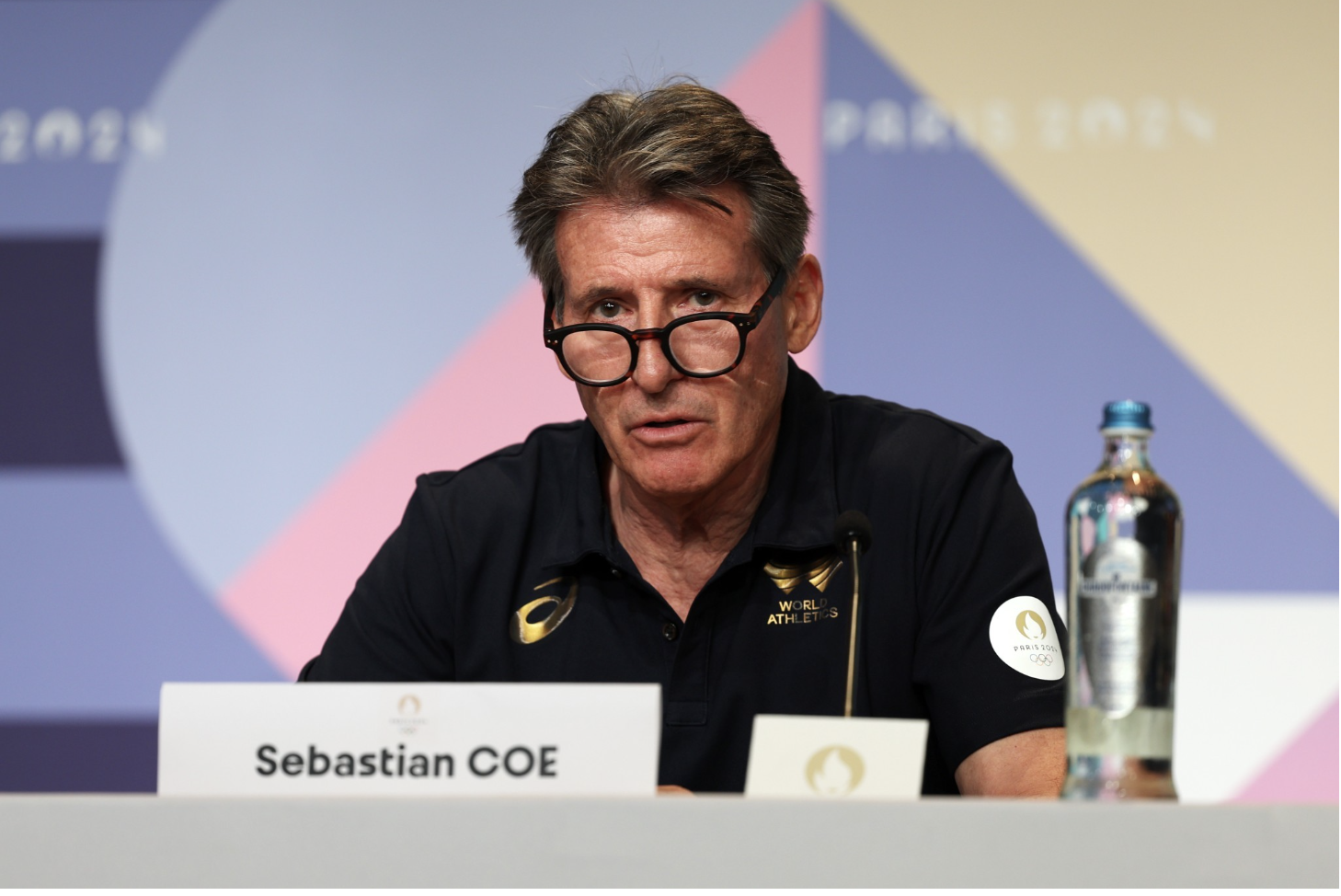New election regulations implemented by the International Olympic Committee (IOC) may lock out World Athletics President Sebastian Coe from vying for the IOC presidency during the elections set for March next year.
According to The Associated Press, these explanations are made just before the deadline on Sunday to enter the competition to succeed Thomas Bach in the following year.
The hurdles facing Coe, the 67-year-old leader of World Athletics, to serve a full term as IOC president were outlined in a letter the IOC ethics commission wrote to its 111 members, including Coe and other potential candidates.
The letter emphasised that candidates must be IOC members “on election day and during the entire duration of their term as IOC President.” Coe’s IOC membership depends on his role at World Athletics, which he must vacate in 2027 after serving 12 years, complicating his eligibility.
The IOC’s age restriction of 70 may provide problems for another candidate, Juan Antonio Samaranch Jr., and may prevent him from serving out a full presidential term.
“The president is an IOC member under the same conditions as all the other members,” the letter, which was signed by Ethics Commission Chair Ban Ki Moon, added.
The ethics commission also raised concerns over holding dual presidential roles, suggesting that Coe’s leadership of World Athletics might pose a conflict of interest if he became IOC president.
The IOC will conduct its 143rd session in Athens, Greece, between March 18th and 21st next year, where the 10th president and host of the 5th Winter Olympics will be selected.
Other potential candidates include Kirsty Coventry, David Lappartient, Prince Feisal al-Hussein, and Nicole Hoevertsz.
The current IOC president, Thomas Bach, has confirmed he will step down in 2025 after completing his 12-year term, and the next election is set for March in Greece.
Nine men have served as IOC presidents in its 130-year history, and none of them have come from Latin America, Africa, or Asia.





